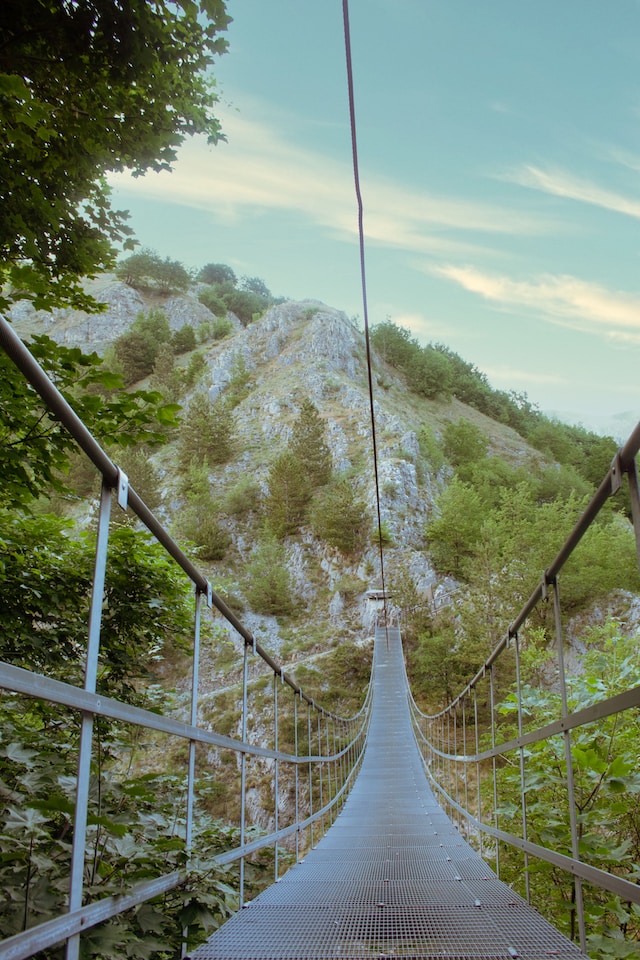In a world where information is readily available at our fingertips, the idea of deliberate ignorance may seem contradictory. However, a growing body of research suggests that there are distinct advantages to selectively remaining uninformed. Contrary to the adage “knowledge is power,” the concept of deliberate ignorance challenges traditional assumptions and sheds light on the potential benefits of not knowing. Let’s explore this intriguing phenomenon and its implications.
Deliberate ignorance refers to the intentional choice to avoid certain information or topics. It is not about ignorance as a result of negligence or indifference but rather a strategic decision to filter out non-essential or overwhelming information. While it may sound counterintuitive, psychologists and researchers have discovered several surprising advantages of deliberate ignorance.
One of the key benefits is improved decision-making. In an era of information overload, individuals often face decision paralysis, struggling to navigate the vast amount of data available. Deliberate ignorance allows individuals to filter out irrelevant or distracting information, enabling them to focus on what truly matters. By reducing cognitive load and eliminating noise, decision-makers can make clearer, more effective choices.
Dr. Michelle Rodriguez, a cognitive psychologist at Stanford University, explains, “Deliberate ignorance serves as a cognitive filter, helping individuals prioritize relevant information and avoid decision fatigue. It allows for a more streamlined decision-making process and can lead to better outcomes.”
Another advantage of deliberate ignorance is the potential to foster creativity and innovation. By intentionally avoiding established knowledge or preconceived notions, individuals create mental space for new ideas and alternative perspectives. This deliberate absence of information can inspire unconventional thinking and breakthrough solutions, as it encourages individuals to question assumptions and explore uncharted territories.
Dr. Emily Collins, a creativity researcher at the University of California, remarks, “Deliberate ignorance can unlock fresh insights and novel approaches. By stepping away from the comfort of familiar knowledge, individuals open themselves up to new possibilities and tap into their creative potential.”
Moreover, deliberate ignorance can be beneficial for mental well-being. In a world inundated with news, social media updates, and constant notifications, individuals can feel overwhelmed and mentally exhausted. Selectively avoiding certain sources or topics can act as a protective measure to preserve mental health. By setting boundaries and consciously choosing what information to consume, individuals can cultivate a sense of calm and reduce stress levels.
Dr. David Thompson, a mental health expert, advises, “Deliberate ignorance is not about burying our heads in the sand but rather about practicing self-care. It allows individuals to create a healthier balance between staying informed and preserving their mental well-being.”
However, it is crucial to approach deliberate ignorance with caution and consideration. It is not a blanket endorsement for remaining ignorant about important matters or denying objective facts. Deliberate ignorance is a strategic approach that should be applied judiciously and responsibly, ensuring it does not compromise critical knowledge or ethical responsibilities.
As journalists, it is our duty to uphold journalistic ethics, including fact-checking and providing balanced perspectives. The information presented in this article is based on the emerging research and expert opinions regarding deliberate ignorance. Readers are encouraged to critically evaluate their own circumstances and consult experts for personalized guidance.
In a world that bombards us with information, deliberate ignorance challenges our conventional understanding. By selectively choosing what we allow into our mental space, we can enhance decision-making, foster creativity, and protect our well-being. Embracing the advantages of deliberate ignorance may not be a complete departure from knowledge, but rather a strategic and intentional approach to navigating the complexities of the information age.




